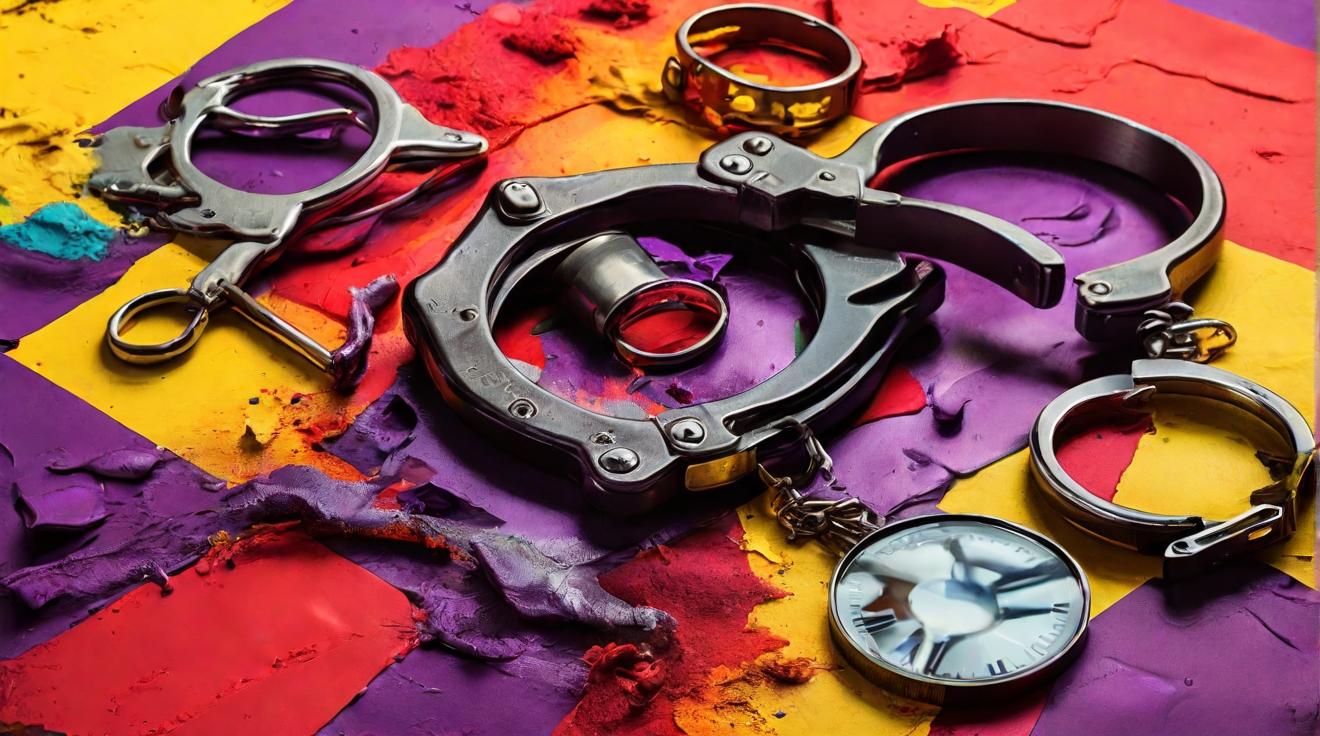Netflix Faces Backlash for AI-Altered Images in True Crime Documentary
Netflix has stirred a considerable buzz and critique for its latest true crime documentary, "What Jennifer Did," particularly over allegations of employing AI technology to edit images, casting shadows on the streaming giant's commitment to authenticity. The documentary, which chronicles the notorious case of Jennifer Pan, a Canadian convicted in a high-stakes, kill-for-hire plot against her own parents back in 2010, stands accused of manipulating visual content to shape the narrative in a specific light.
What Jennifer Did delves into the complexities of Pan's life before the crime and the intricate details of the attack itself. Featuring interviews and testimonies, the documentary paints Pan as a "bubbly, happy, confident, and very genuine" individual during her high school years, supported by several photographs purportedly from that period. However, doubts have been raised about the authenticity of these images, with some reportedly being AI-generated or altered.
Scrutiny intensified following observations of one particular photo where Pan is seen flashing a peace sign. Upon closer examination, discrepancies in the depiction of her hand—specifically, unnaturally elongated fingers and others oddly bunched together—have been highlighted as tell-tale signs of AI manipulation. This flaw aligns with existing criticisms of AI imaging technologies' inability to accurately render human hands.
This incident propels Netflix into a contentious debate over the ethical implications of using AI to alter images in documentaries, a genre traditionally revered for its pursuit of the truth and unadulterated representation of reality. The release of What Jennifer Did on April 10 has subsequently reignited discussions around the necessity for transparency and authenticity in documentary filmmaking, especially in an era increasingly influenced by artificial intelligence.
The controversy underscores a critical crossroads for documentary production and the entertainment industry at large, as it grapples with the potentials and pitfalls of AI technologies. With authenticity at the heart of documentary storytelling, the employment of AI for image manipulation raises profound questions about the future of true crime narratives and the ethical boundaries of digital innovation.
Analyst comment
Negative news. The backlash against Netflix for using AI-altered images in a true crime documentary challenges the streaming giant’s commitment to authenticity. This controversy raises questions about the ethical implications of using AI in documentaries and has ignited a debate about transparency and authenticity in the entertainment industry. The market impact is uncertain, but there may be increased scrutiny and demand for transparency in documentary production.













